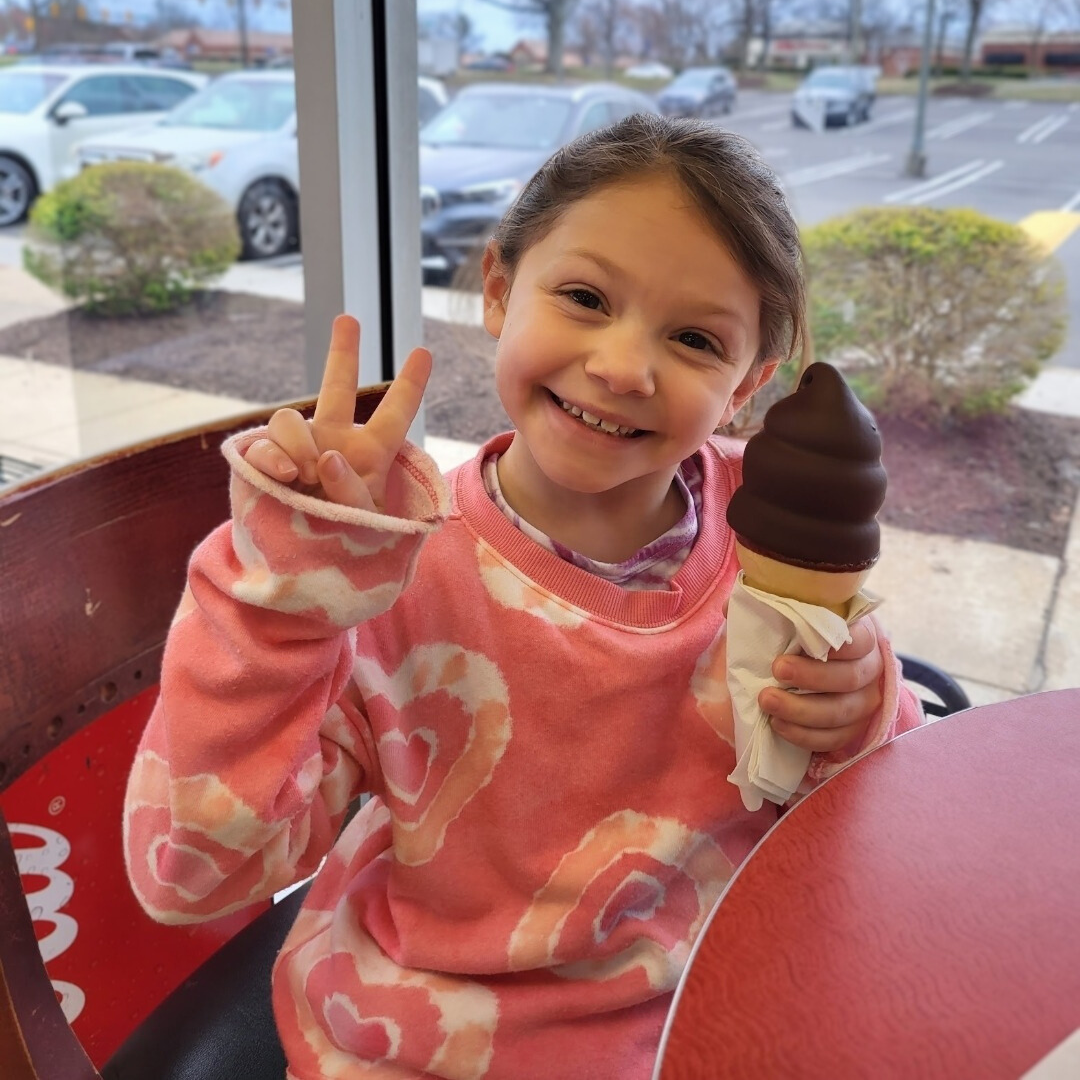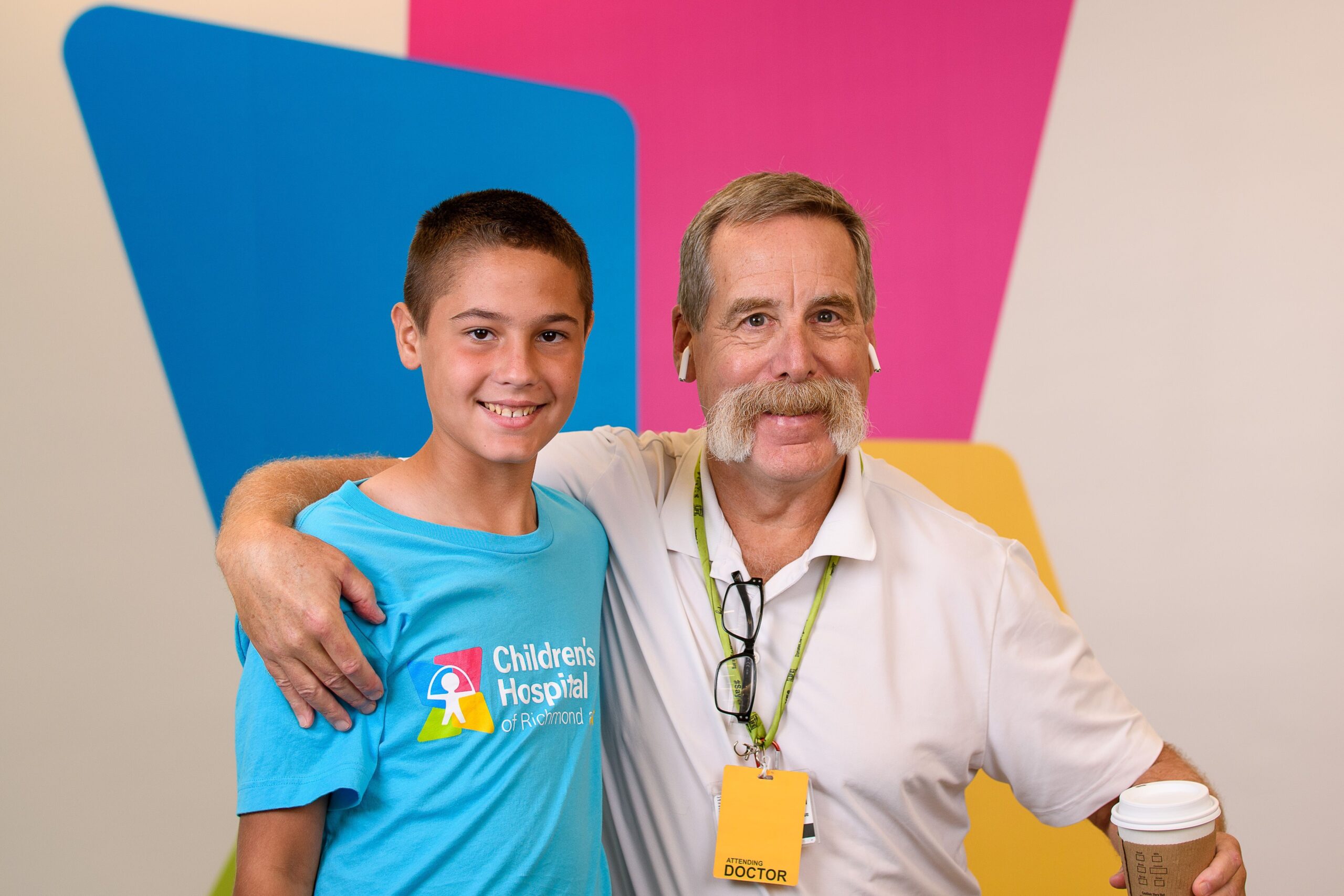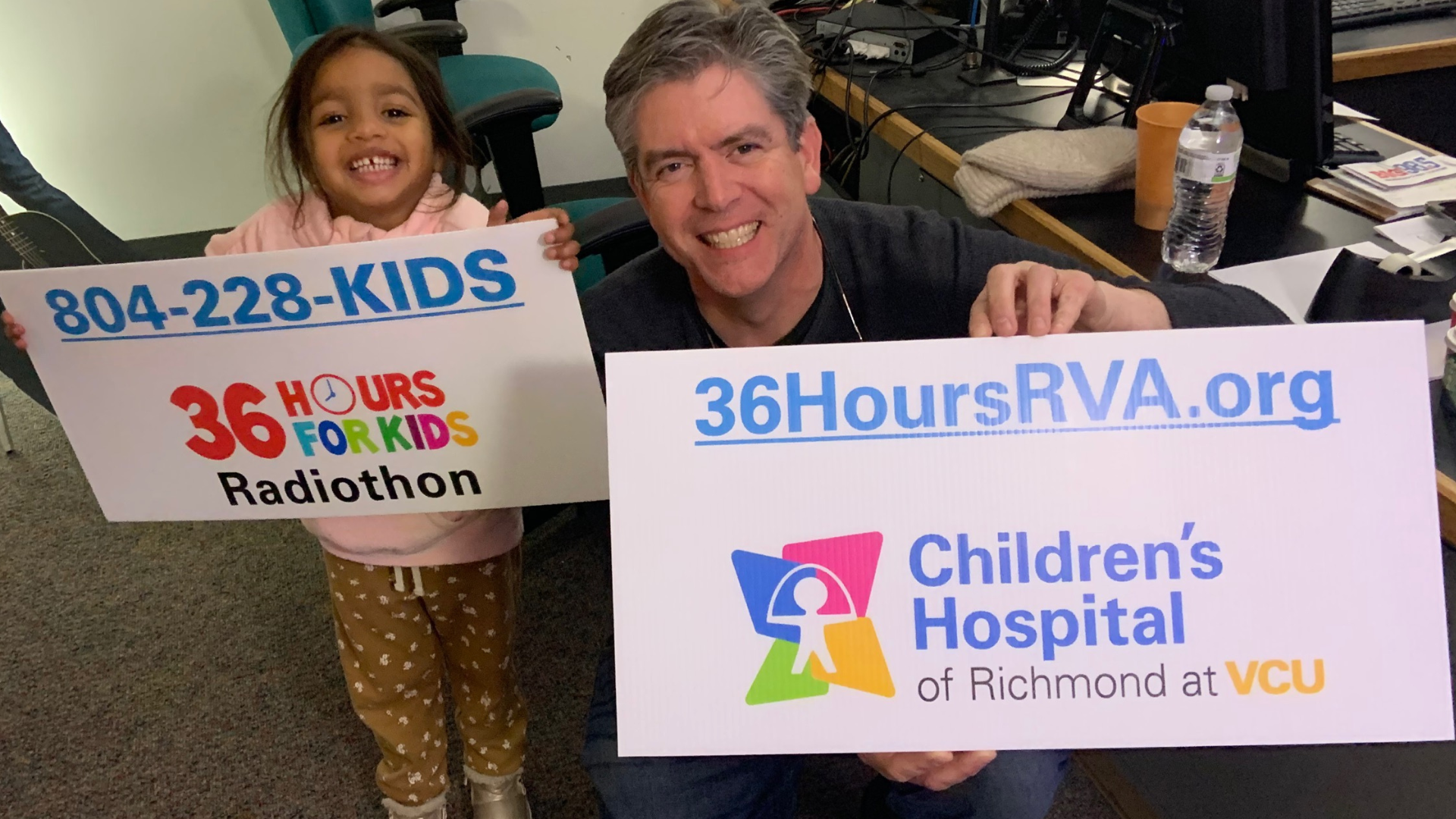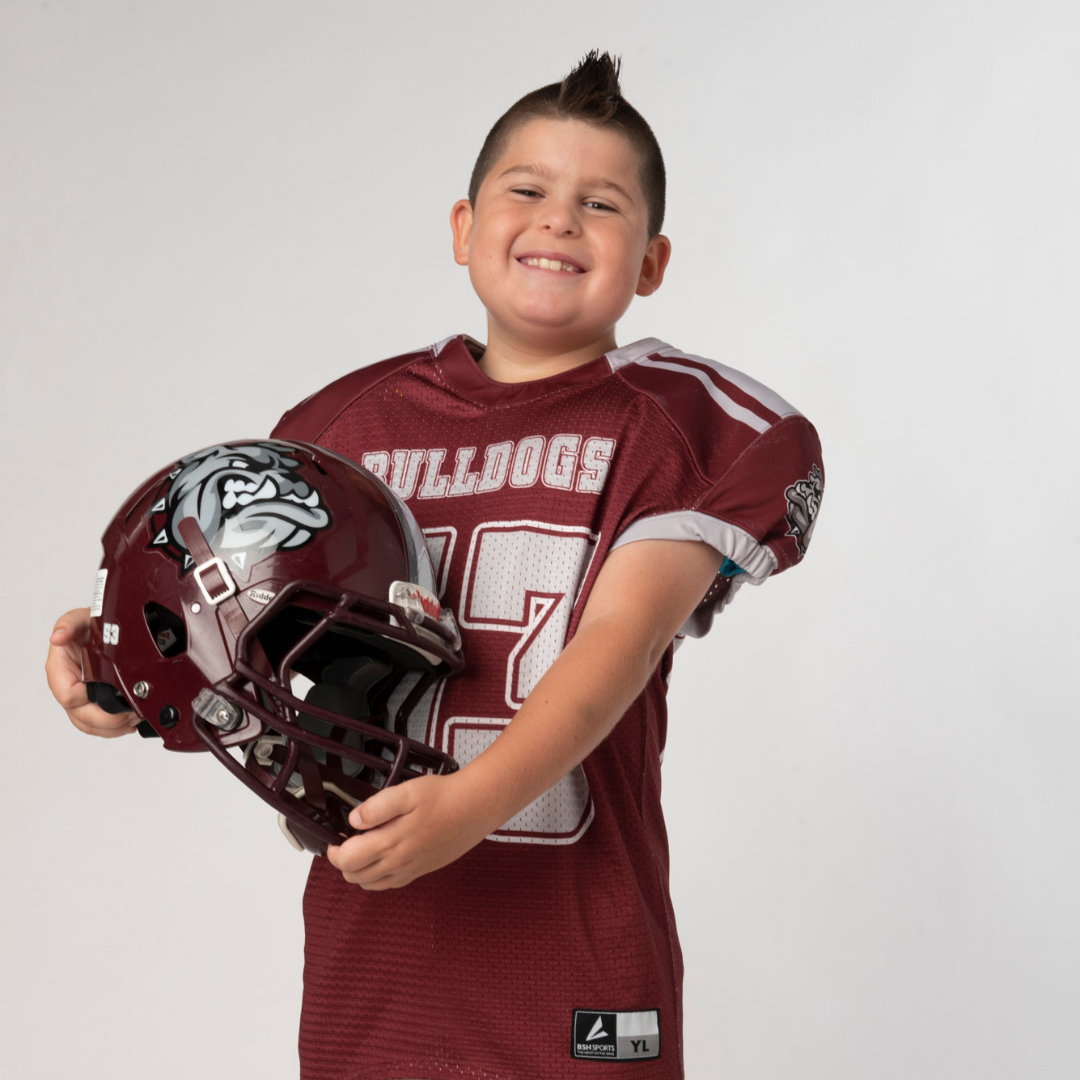John Ward MD, MSHA, President and Chief Medical Officer, VCU Medical Center/MCV Physicians, Hirschler Professor, Neurosurgery
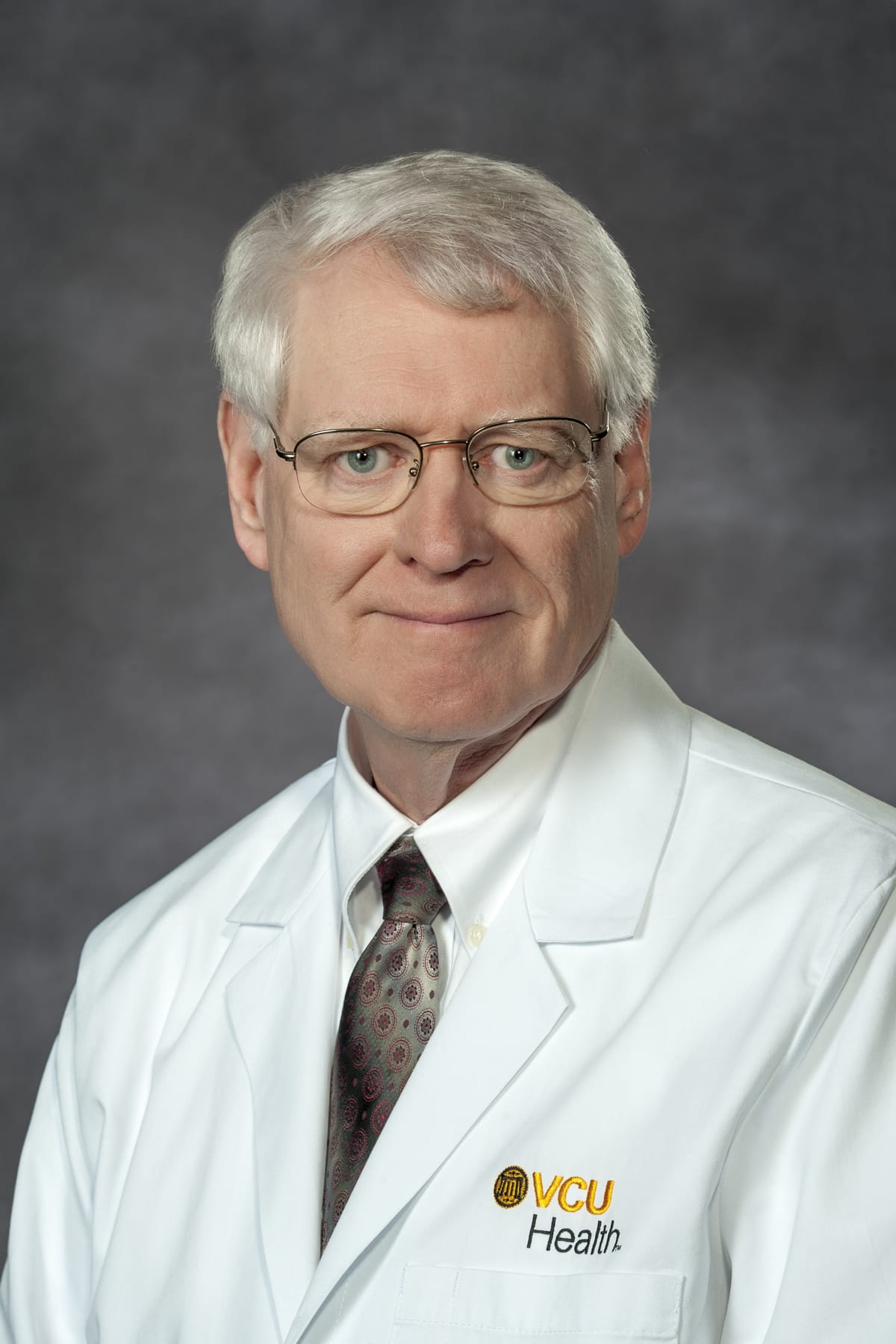
In 2015, Children’s Hospital Foundation approved a three-year, $2,460,294 grant for Children’s Hospital of Richmond at VCU’s (CHoR) neurosurgery program. This spring, the Foundation continued its support of CHoR’s neuroscience programs with a three-year, $2,904,593 grant to support the hospital’s concussion/traumatic brain injury (TBI) program and a three-year, $900,786 grant for the neuro-oncology program. These grants support CHoR’s vision for becoming a Neurosciences Center of Excellence. (Centers of Excellence offer comprehensive, interdisciplinary programs that provide high levels of expertise and related resources around a specific medical specialty.)
How is the Foundation’s funding of the neurosurgery, neuro-oncology and concussion/TBI programs supporting CHoR’s vision for a Neurosciences Center of Excellence? Why is it important for CHoR to develop this Center of Excellence?
Having a strong pediatric neurosciences program is incredibly important to CHoR because it is one of the areas where we can develop a Center of Excellence. We treat children with many conditions including head injuries, seizures, epilepsy, brain tumors, and spinal and neurologic problems. We have the fundamental services and individuals in place to provide this care, but with the Foundation’s funding, we will be able to develop specialized programs, support additional physicians and staff, and expand our ability to serve more children. We also will be able to conduct more research, which will allow us to have more depth to our program. It takes resources to care for kids, and the Foundation’s support is integral to our being able to do this.
Why is it important to conduct research in addition to providing direct patient care?
Research and education set academic hospitals apart from local community hospitals. Conducting research allows us to develop the way our patients receive care, and this funding gives our clinicians time to do this research. Through our concussion/TBI research, we will be doing work that others in the field are not doing as we study the short and long term effects of brain injury.
How will CHF’s funding support the concussion/TBI program, and how will the addition of new positions, including a concussion navigator, help enhance patient care?
Serious head injuries are the leading cause of death in children, but concussions are 10 times more common. The addition of the concussion navigator position will help educate patients and families about concussions and guide them through the services they may need at CHoR so they can get the best care. The Foundation’s grant also will support the hiring of three athletic trainers, a research coordinator, a project coordinator and other support staff to expand the inpatient, outpatient and research components of our program.
How will the Foundation’s funding support the neuro-oncology program?
Thanks to the Foundation’s support, we have recruited a neuro-oncologist to help us fully develop our neuro-oncology program. We treat 10-15 new brain tumor patients each year, and the addition of a dedicated neuro-oncologist will allow us to increase access to care for these patients as well as patients who have been treated for brain tumors and require long-term follow up and rehabilitation care.
How do you expect CHoR’s neurosciences program to grow in the coming years?
We are projecting a five to ten percent growth rate each year as more people become aware of our full-service programs. We are the only pediatric neurosciences center in the Richmond area and hope to expand to draw patients from across the region and Mid-Atlantic area.


